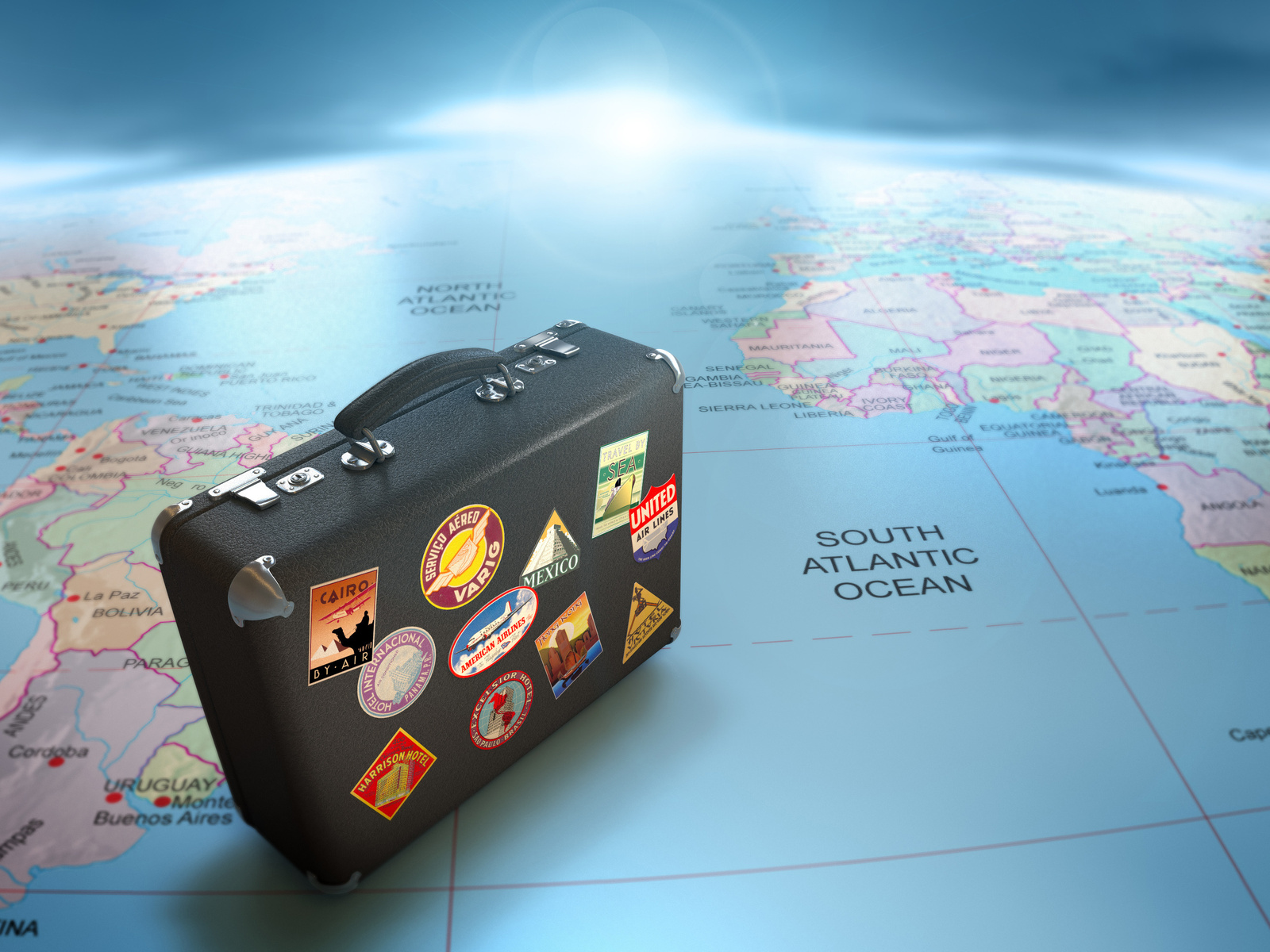When traveling in Mauritania and staying in Nouakchott, it is worth taking one day to go to an unusual place - Chinguetti – the seventh holy city of Islam as it is written on a shield located at the entrance to the city, which has been resting under the sand for many years. This UNESCO World Heritage Site is not only beautiful but also contains countless treasures – a large library of ancient books and manuscripts. This is how, almost in the desert, unique artifacts are still preserved.
Chinguetti was founded in 777. At first, it was a small settlement, but by the XI century, it had grown so much that it became a center of trade for the Berbers. Besides, Chinguetti, due to its location, received a huge number of poor pilgrims and rich merchants who performed the Hajj from West Africa to Mecca.
Just a few centuries later, by the thirteenth century, there were schools and universities where not only religion was taught. Here they taught such important sciences as astronomy, medicine, mathematics, law, and even rhetoric. Chinguetti steadily transformed from a small settlement into a huge city, a cultural center where men of education and the rich flocked to educate their children, and the poor came in search of work.
The center of Chinguetti was and still is the Chinguetti Mosque – one of the most ancient centers of religion. It was created in the XIII-XIV centuries. The mosque surprises with its scale for a city located in the desert: there are a large prayer room, a huge open courtyard, and a minaret, which is the second oldest in the entire Muslim world. Today the Chinguetti Mosque is not only a visiting card of this ancient city but also the emblem of the Islamic Republic of Mauritania.
Unfortunately, the city's heyday was short-lived. Due to the rising sands and desert storms, the once magnificent Chinguetti has begun to lose its inhabitants from the XVI century. Today there are only those who are true to their traditions and do not want to move to megacities. The population of the ancient city is slightly less than 5,000 people.



